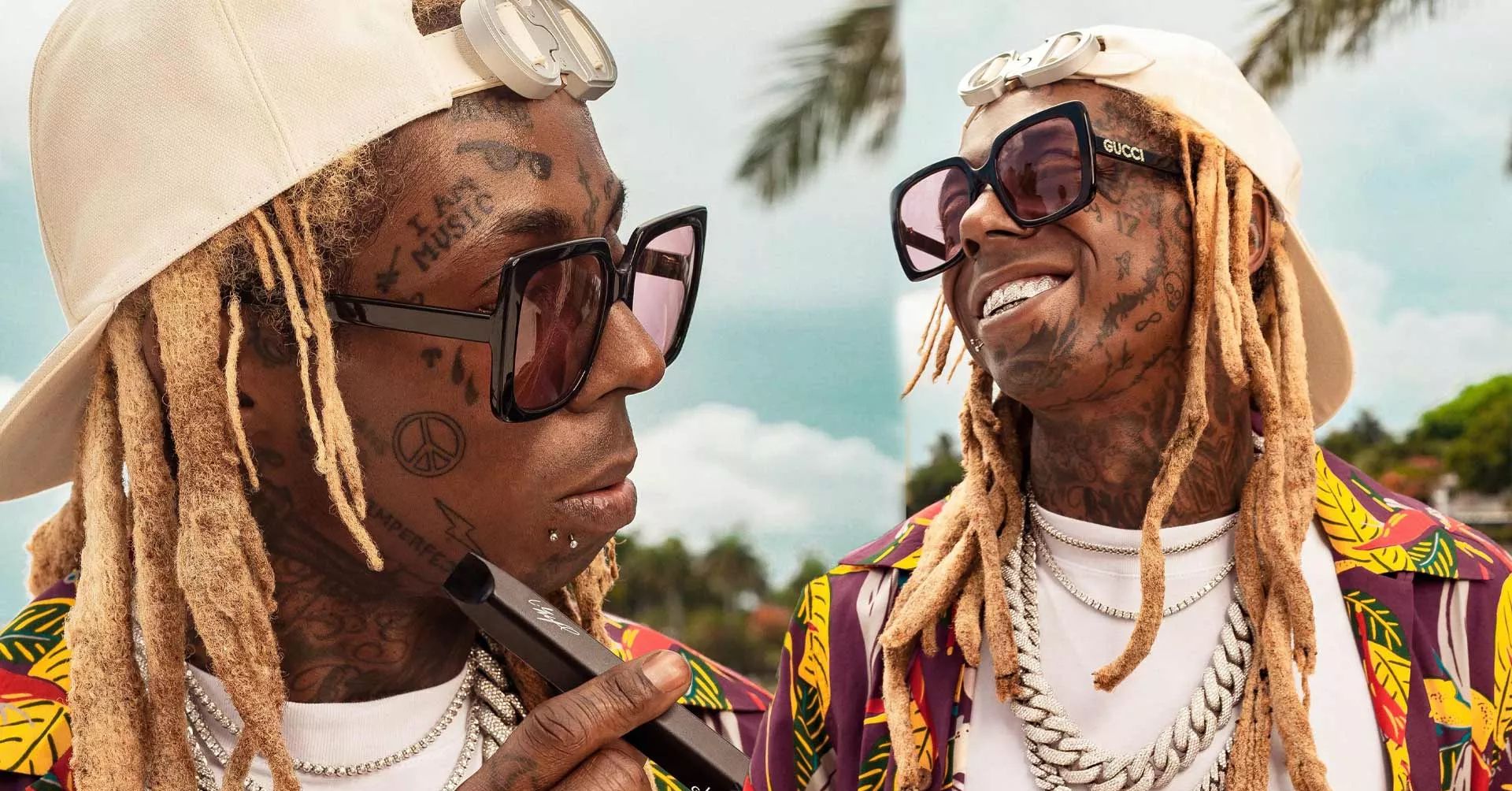All Things

How Lil Wayne Has Influenced the Hip Hop We Know Today
Lil Wayne has influenced the Hip Hop we know today in many ways. His use of mixtapes to promote albums and his style of making freestyles into songs are two of the most evident in rap today. However, one of the most notable innovations Weezy brought rap was his popularizing of rapping with autotune.
The use of autotune as a stylistic effect instead of a hidden pitch correcting software can largely be attributed to T-Pain and the 2007 song “Buy U a Drank.” When T-Pain came on the scene, most people who weren’t in the music industry were asking questions like “How does he make his voice sound like that?” and “What is that robotic/computerized sound that T-Pain has?” After the popularity of T-Pain exploded, and the use of AutoTune in Hip Hop with him, many other big name artists began to experiment with the sound.
Kanye West released songs such as “Love Lockdown” and “Heartless” in 2008 on his album “808’s and Heartbreak.” The album’s hits featured much more of Kanye singing than rapping, and Kanye even performed the songs live with and without live AutoTune. The experimental sound was a huge success for West as he sold more than 450,000 copies of the album in the first week.
2008 also saw Lil Wayne beginning to experiment with the sound. He was featured on the T-Pain hit “Can’t Believe It” in which he largely “sung” his verse with a very heavy layer of AutoTune. Also in 2008, Weezy released the successful DJ Drama collaboration “Dedication 3” in which almost every one of his verses were rapped using AutoTune. This was the first time Wayne had used AutoTune on an entire project and it was a huge success, although the heavy use of AutoTune sparked a large amount of mixed criticism and praise.
The following year saw Lil Wayne’s life and career change with the release of “Tha Carter III” and the world shattering moment when sales topped one million in the first week. The third installment in the Carter series featured the chart smashing hit “Lollipop” which had Weezy using again a heavy dose of AutoTune with a style that radio listeners loved. Aside from Lollipop, AutoTune was also used on other songs including “Got Money” and “U Ain’t Got Nothin”. Wayne used the AutoTune mostly for hooks and still reserved his raps for AutoTuneless Weezy style spitting.
It was Weezy’s next project that arguably marked the transition of his use of AutoTune from fad to permanent staple and mainstay of Hip Hop. No Ceilings.
In October of 2009 just months after the release of Tha Carter III, Lil Wayne released No Ceilings and it quickly became one of Weezy fan’s favorite projects. The mixtape featured Weezy rapping with AutoTune on almost every song and in ways that no rapper had previously used the effect. Wayne used it to create a new layer to the music that went with the beats and added an extra layer of smoothness to his tracks. Since No Ceilings Lil Wayne has seemingly never looked back. Projects as recent as Free Weezy Album and Sorry 4 the Wait 2 have both seen AutoTune used in a dominant way. Even songs from the unreleased Carter V showed evidence of heavy AutoTune usage such as Grindin’.
Since Lil Wayne perfected using AutoTune in rapping he has changed the game in Hip Hop since. Artists such as Rich Homie Quan, Young Thug, Fetti Wap, Big Sean, Drake, Chris Brown, have all used AutoTune when rapping and many have adopted it to their permanent style. Rich Homie Quan’s first hit “Typa Way” was an AutoTune laced track with Weezy’s influence all over it. What would Young Thug’s “Stoner” have been without AutoTune? Would people even be able to understand Young Thug’s rapping without AutoTune?
Artists today like Rae Sremmurd and ILoveMakonnen use AutoTune as a core part of their style and no one batts an eyelash, realizing that it’s now a staple in Hip Hop. A staple in rap, created by Lil Wayne.